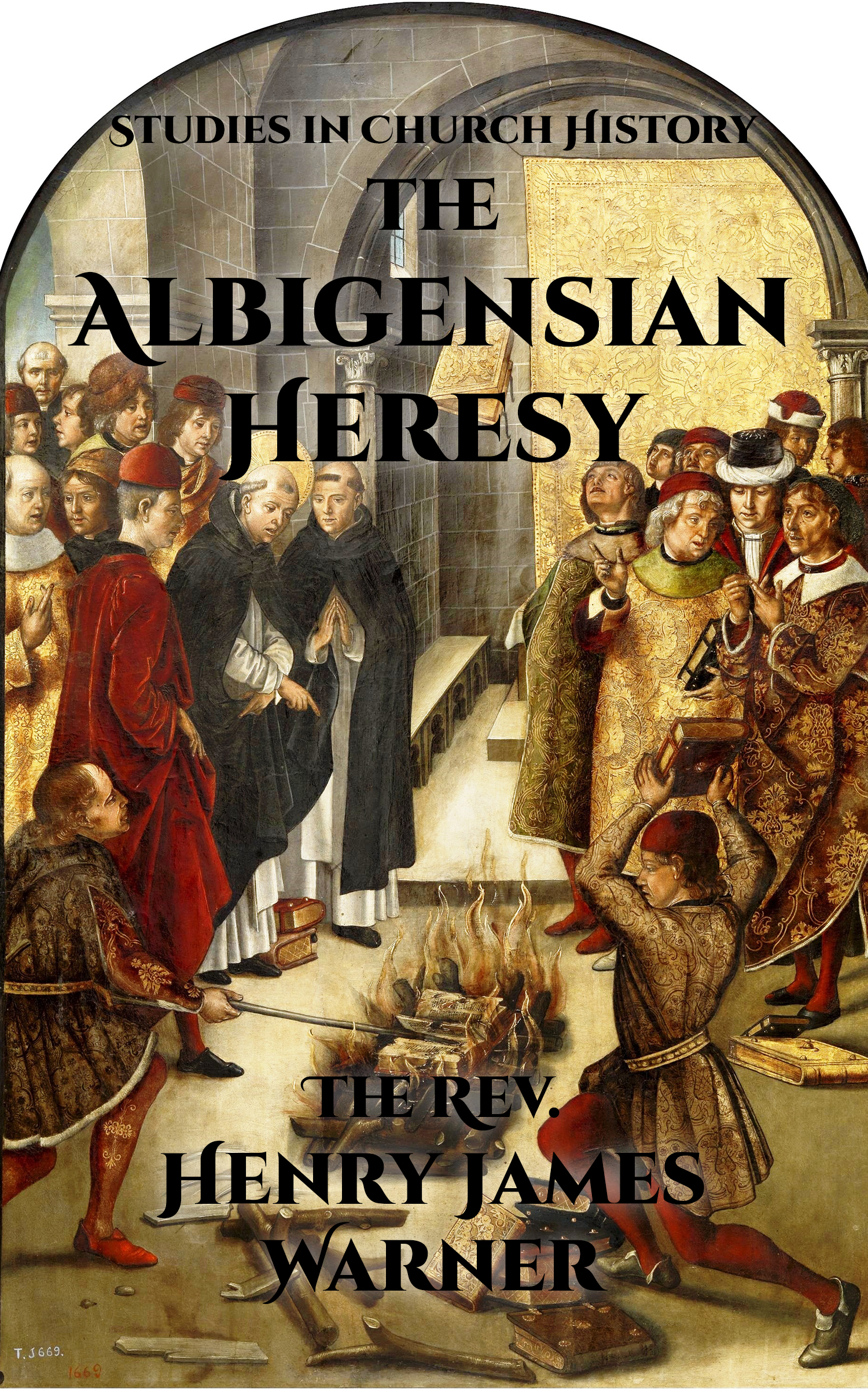
The interest and importance of the so-called Albigensian Heresy lie in the fact that while it bears "a local habitation and a name," its actual habitation was not local, and its name is misleading. Its origin must be traced back to pre-Christian Ages, and its fruits will remain for ages to come. Its current title is inexact and incomplete; inexact, because Albi was not the fons et origo of a movement which, although it took deepest root in Southern France, was sporadic throughout Central and Western Europe; incomplete, because the movement was not one heresy, but many, defying rigid classification, heterogeneous, self-contradictory, yet united in opposition to the Church of Rome. It is a mere accident of history that the name is derived from Albi, for Albi was but one, and that by no means the most important town infected. The storm-centre was the great city of Toulouse, which Peter de Vaux-Sarnai describes as "Tolosa, tota dolosa," being, as he adds, seldom or never from its foundation free from heresy, fathers handing it on to their sons. The impact came at a time when the Church of Rome was putting forth all its power to extend its spiritual supremacy northward, and the Kingdom of France its territorial domains southward, and it suited their respective interests to unite their forces in a home-crusade against Southern France. Between the upper and nether millstones the body was crushed, but "its soul goes marching on." Its enemies declared it to be rank paganism (Manicheism): its adherents the purest form of Christianity (Catharism). An impartial investigation will, we think, show that neither claim can be substantiated. Impartiality, however, is not easily preserved. Most of the documentary evidence which has come down to us is biased.
Genre: RELIGION / Blasphemy, Heresy & Apostasy| Language | Status |
|---|---|
|
Spanish
|
Already translated.
Translated by Karina Tamayo S.
|